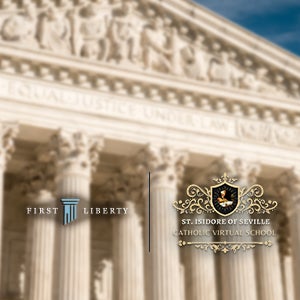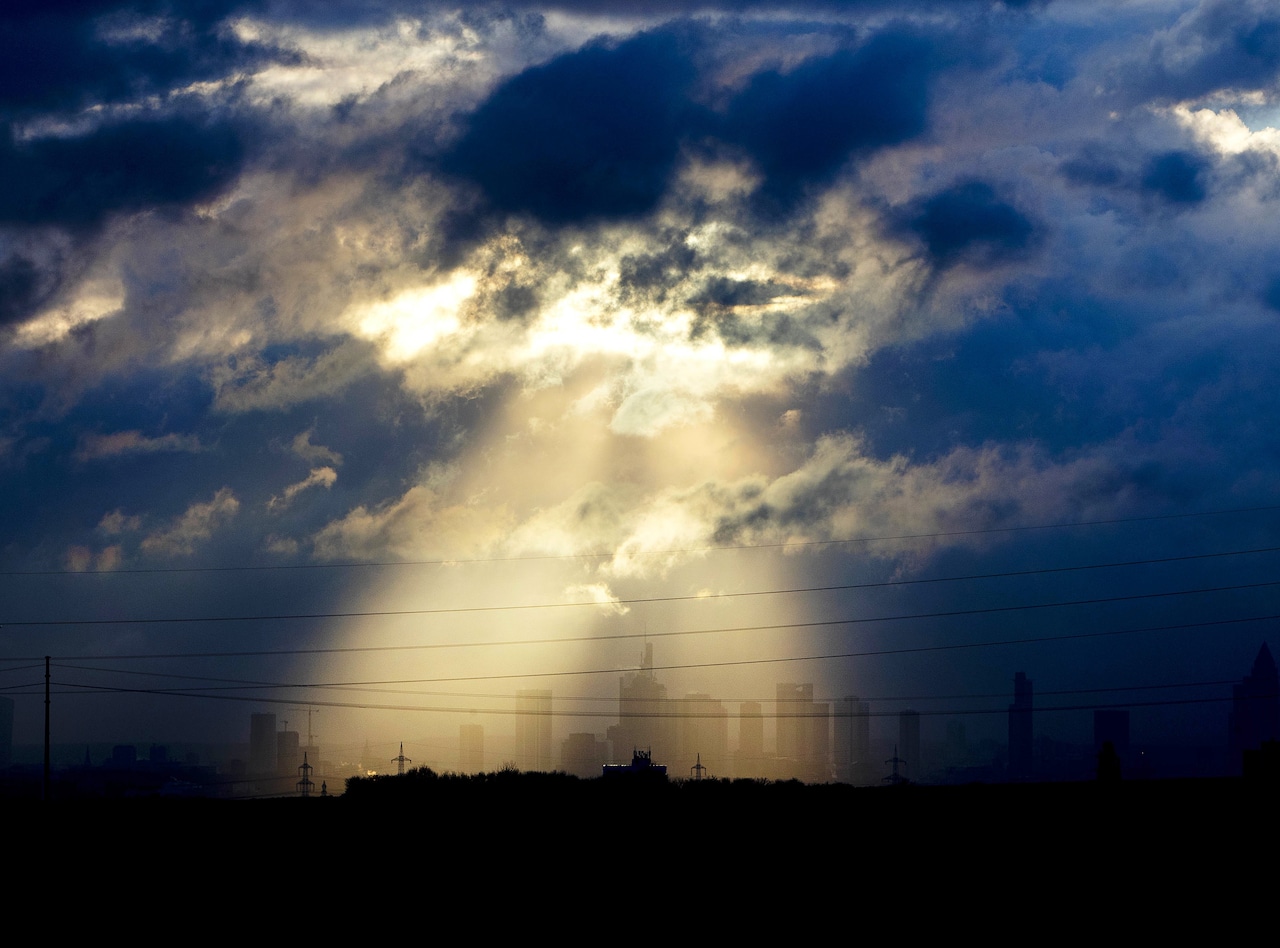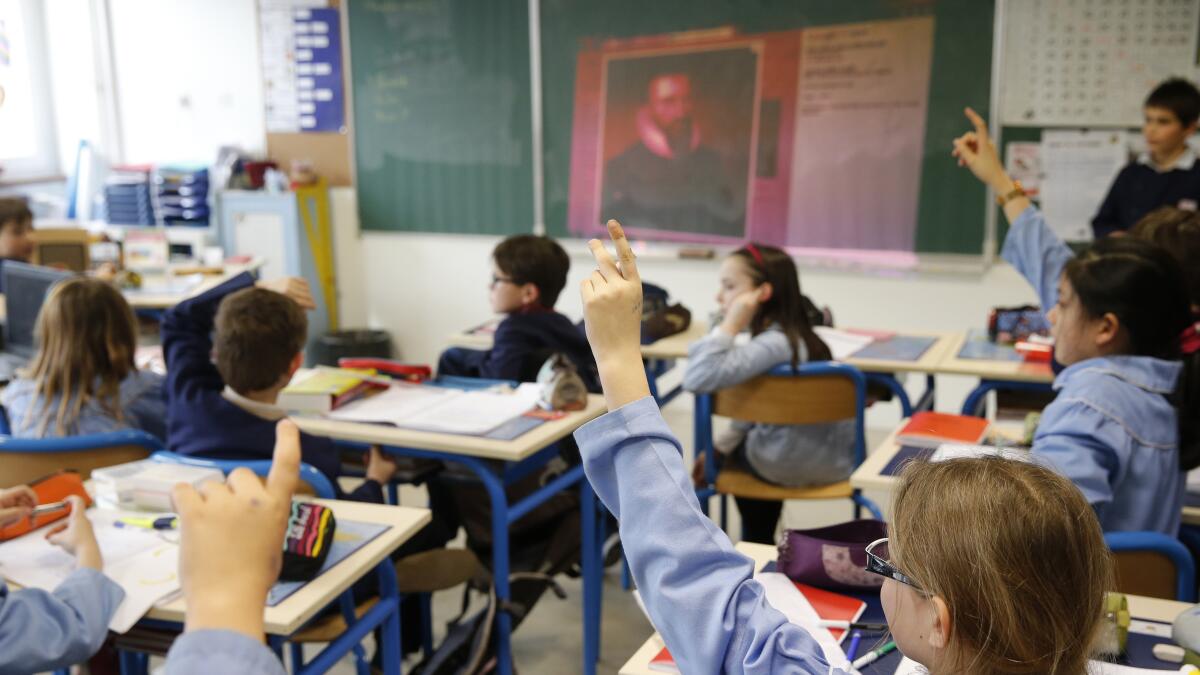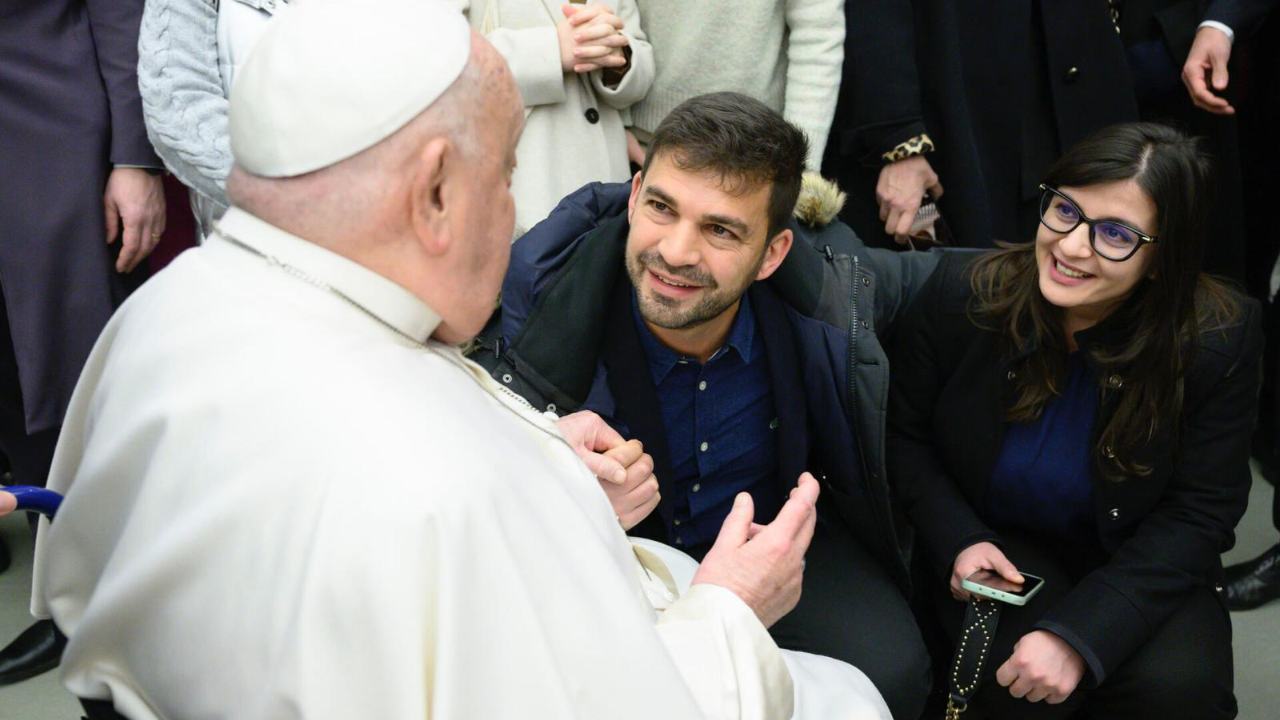Religious Freedom Under Scrutiny: USCIRF's Explosive 2025 Global Report Reveals Shocking Insights
Religion
2025-04-08 23:28:17Content

USCIRF Unveils Comprehensive Annual Report on Global Religious Freedom
In a significant annual assessment, the United States Commission on International Religious Freedom (USCIRF) has released its 2025 Annual Report, shedding light on the complex landscape of religious liberty worldwide. This pivotal document meticulously examines religious freedom conditions throughout 2024 and provides strategic policy recommendations to key U.S. government institutions.
Mandated by the International Religious Freedom Act (IRFA) of 1998, the report serves as a critical resource for policymakers, offering insights into the challenges faced by religious communities across different regions. The comprehensive analysis targets the White House, Congress, and the State Department, aiming to advance freedom of religion or belief (FoRB) on the international stage.
The report comes at a crucial time when repressive governments and violent entities continue to challenge fundamental religious freedoms. By documenting these challenges and proposing actionable recommendations, USCIRF plays a vital role in promoting global religious tolerance and protecting vulnerable religious communities.
Stakeholders and policymakers are encouraged to review the detailed findings and recommendations to better understand the current state of religious liberty around the world.
Religious Freedom Under Siege: A Global Perspective on Persecution and Hope
In the complex landscape of international human rights, religious freedom stands as a critical battleground where fundamental human dignity is constantly challenged. The annual examination of global religious persecution reveals a disturbing pattern of systematic oppression, challenging the international community to take decisive action and protect the most fundamental of human rights.Unveiling the Truth: When Faith Becomes a Battleground for Human Rights
The Global Landscape of Religious Persecution
Religious freedom remains one of the most precarious human rights in the contemporary world. Governments and extremist groups continue to wage systematic campaigns targeting religious minorities, employing sophisticated strategies of marginalization, discrimination, and violent suppression. These attacks transcend geographical boundaries, affecting communities across continents, from the Middle East to Southeast Asia, and from Africa to Eastern Europe. The complexity of religious persecution is rooted in intricate political, cultural, and social dynamics. Authoritarian regimes often weaponize religious differences to maintain control, using religious identity as a tool for division and subjugation. Minority religious communities find themselves caught in a dangerous intersection of political manipulation and societal prejudice.Institutional Mechanisms of Monitoring and Intervention
International organizations like the United States Commission on International Religious Freedom (USCIRF) play a crucial role in documenting and addressing these systemic violations. Their annual reports serve as comprehensive documentations of global religious freedom conditions, providing policymakers with critical insights into emerging trends of religious persecution. These institutional mechanisms are not merely passive observers but active advocates for change. By meticulously collecting evidence, analyzing patterns, and making strategic recommendations, they create pressure points for diplomatic and policy interventions. The reports become powerful tools for raising global awareness and compelling governmental action.Policy Recommendations and Diplomatic Strategies
Addressing religious persecution requires a multifaceted approach that combines diplomatic pressure, economic incentives, and targeted international sanctions. Governments and international bodies must develop nuanced strategies that recognize the unique cultural and political contexts of different regions while maintaining unwavering commitment to universal human rights principles. Effective interventions demand more than symbolic gestures. They require sustained diplomatic engagement, economic leverage, and a willingness to challenge powerful actors who systematically violate religious freedom. Targeted sanctions, diplomatic isolation, and conditional aid can serve as potent mechanisms for driving meaningful change.The Human Cost of Religious Intolerance
Behind every statistical report and policy recommendation are human stories of profound suffering and resilience. Individuals facing religious persecution endure unimaginable challenges: forced displacement, economic marginalization, physical violence, and psychological trauma. These experiences highlight the deeply personal nature of religious freedom as a fundamental human right. Communities subjected to persistent religious persecution often develop remarkable strategies of survival and resistance. Their stories of courage, solidarity, and hope serve as powerful testimonies to the human spirit's capacity to withstand systemic oppression.Technological Innovations in Monitoring and Support
Emerging technologies are transforming how religious persecution is documented and addressed. Digital platforms, artificial intelligence, and advanced data analytics enable more sophisticated tracking of human rights violations. These technological innovations provide unprecedented transparency and create new channels for international solidarity and support. Social media and digital communication platforms have become critical tools for religious minorities to share their experiences, mobilize support, and challenge narratives of oppression. These technological developments represent a significant shift in how human rights advocacy is conducted in the digital age.RELATED NEWS








